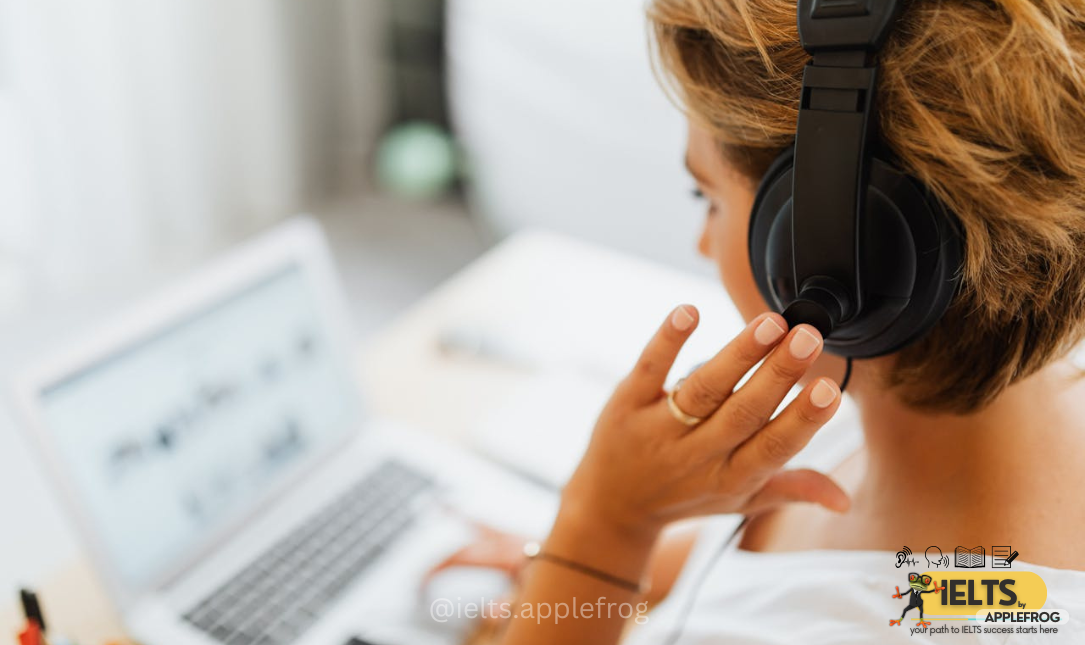
The IELTS Listening test can feel challenging, especially when dealing with matching questions. These types of questions require you to connect information from the audio to a given list of options. But don’t worry! In this guide, we’ll break down the best strategies to help you approach these questions with confidence. Plus, we’ll provide sample answers so you can practice effectively.
What Are IELTS Listening Matching Questions?
Matching questions in the IELTS Listening test require you to link specific details from the recording to the correct option in a given list. These options might include names, places, dates, or events. Your task is to carefully listen and identify which detail corresponds to each option. These questions test both your attention to detail and overall listening comprehension.
Common-Types-of-IELTS-Listening-Matching-Questions
- Matching Names to Events – You’ll hear information about different people and need to match each person to the correct event or activity they are associated with. Pay close attention to how names are introduced and connected to specific details.
- Matching Opinions or Statements – In this type, you’ll match a person’s opinion or statement to the correct speaker. This requires careful listening, as speakers may use synonyms or paraphrase their thoughts instead of stating them directly.
- Matching Information to Locations – You’ll need to link specific details from the audio to particular places or locations. Keep an ear out for directional clues, descriptions, and references to landmarks that help identify the correct match.
IELTS Listening Matching Questions : Practice
Listen to the recording and match each person (Questions 1-4) with their weekly activity (Options A-E). There is one extra option you do not need to use.
Questions 1-4
Match each person with the correct activity they do regularly.
- Mark
- Olivia
- Daniel
- Sophie
Options (Activities):
- Practicing yoga
- Attending a photography class
- Going for swimming lessons
- Volunteering at a local charity
- Learning a new language
Transcript
Mark has always been interested in different cultures, and recently, he started taking weekly Spanish lessons at a local language school. He hopes to travel to Spain next year and wants to be able to communicate better with the locals. Olivia, on the other hand, prefers physical activities. Every Saturday morning, she joins a yoga session in the park. She finds it a great way to relax and stay healthy.
Meanwhile, Daniel is passionate about photography. He has been attending a photography class every weekend, where he learns how to use different camera settings and capture beautiful landscapes. Sophie, however, enjoys helping others. She volunteers at a local charity every Sunday, organizing food donations and helping people in need.
Answers :
- Mark → E (Learning a new language)
- Olivia → A (Practicing yoga)
- Daniel → B (Attending a photography class)
- Sophie → D (Volunteering at a local charity)
Explanation :
- Mark is taking Spanish lessons, so the correct answer is E.
- Olivia does yoga every Saturday, making A the right choice.
- Daniel attends a photography class, which matches with B.
- Sophie helps at a charity every Sunday, so D is the correct answer.
Effective Strategies for IELTS Listening Matching Questions
Now that you’ve tried a sample matching question, here are some useful tips to help you approach this section with confidence:
- Read the instructions carefully before you begin. Make sure you know how many answers to match and whether any options can be used more than once. This will keep you focused and prevent mistakes.
- Skim through the answer options quickly before the recording starts. Try to anticipate what kind of information you need to listen for, such as names, locations, or specific events. This will help you stay alert for relevant details.
- Listen for key words like names, dates, and important terms mentioned in the audio. These words will guide you toward the correct matches.
- Use the process of elimination if you’re unsure about an answer. Cross out options that clearly don’t match, so you can focus on the most likely choices.
- Take quick notes while listening instead of waiting until the end. Writing down key details as you hear them will help you avoid missing important information.
- Stay calm and focused. Matching questions can be tricky, but staying attentive and following the order of information in the recording will make it easier to find the correct answers.
Mastering IELTS Listening matching questions is all about preparation and strategy. By carefully reading instructions, listening for key details, and practicing regularly, you can improve your listening skills and boost your score. Start practicing today, and you’ll be one step closer to achieving your target IELTS score!












 Here can be your custom HTML or Shortcode
Here can be your custom HTML or Shortcode
0 Comments